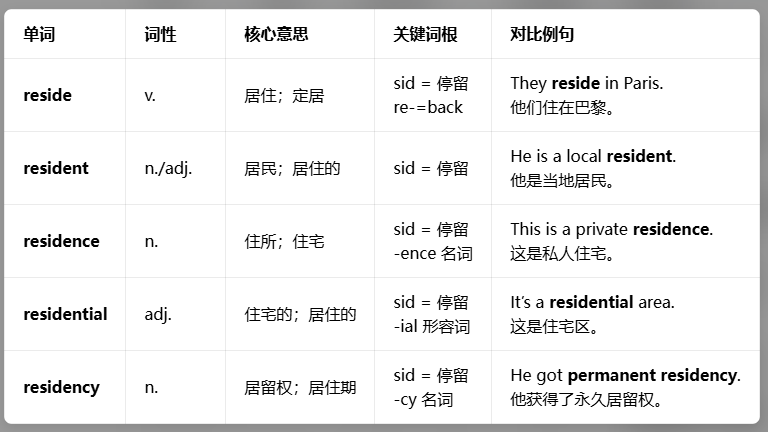Thursday,2026.03.05
New words:
temporary [ˈtempəˌreri] adj.暂时的;临时的;短暂的temporarily ['temprerəlɪ] adv.暂时地;临时地
详细词源拆解:
temper = 时间、季节(来自拉丁语 tempus = time)
-ary = 形容词后缀
整体逻辑:只跟一段时间有关的 → 暂时的、临时的
词汇链:
temporary(adj. 暂时的)→ temporarily(adv. 暂时地)→ temporariness(n. 暂时性)
必记高频搭配
temporary job(临时工作)
Many students take a temporary job during the summer holiday.temporary home / house(临时住所)
The government provided temporary houses for the homeless.temporarily closed 临时关闭
The sports center is temporarily closed because of the bad weather.


